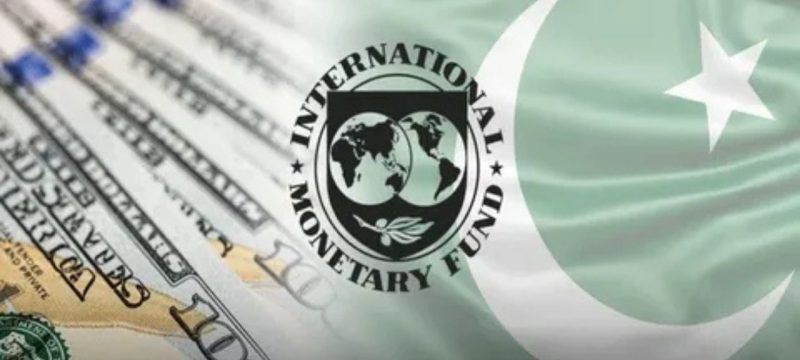ISLAMABAD: Pakistan is set to implement strict new vehicle safety and quality rules starting October. This move comes under conditions agreed with the International Monetary Fund (IMF) to improve the country’s automotive sector.
Currently, only 17 safety standards apply to locally made cars. From October, all vehicles manufactured in Pakistan must meet 57 safety standards. This means 40 new rules will be introduced to enhance safety and quality.
To oversee this, the government will establish the Pakistan Automotive Institute. The institute will inspect locally produced parts to ensure they meet the required standards. Each manufacturing plant will need a separate licence for every type of vehicle it produces. Only companies meeting legal requirements will be allowed to manufacture vehicles, parts, or systems.
Vehicle imports will also face stricter regulations. From 30 September, accidental Type D vehicles and cars without proper chassis or engine numbers will be banned. Importers must provide verified details such as seating and load capacity, axle number, safety features, and quality certification. Electric vehicles will undergo additional checks on battery life, durability, charging standards, and recycling.
The government has finalized the Motor Vehicle Industry Development Act 2025 to regulate local production and prevent substandard vehicles from entering the market. Any vehicle that fails to meet performance or environmental standards will not be allowed in Pakistan.
These reforms mark a significant overhaul of the automotive sector. By enforcing stricter safety rules and regulating imports, Pakistan aims to raise industry standards, protect consumers, and comply with international norms under IMF targets.
The Pakistan automotive reforms are expected to improve local vehicle quality, ensure better safety for drivers, and create a more transparent and regulated market.
In related news, NEPRA has reduced electricity tariffs by Rs1.79 per unit, offering financial relief to consumers.







